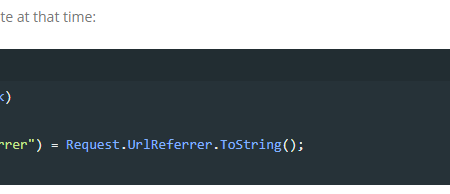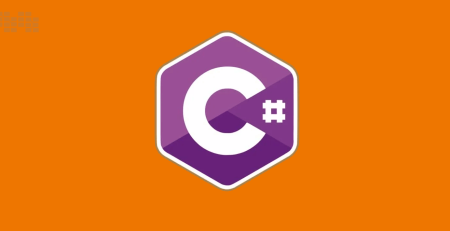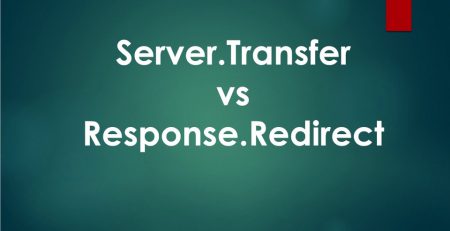Best Databases For Web Applications To Use
Web apps have become an essential component of our everyday lives in the digital era. Web applications, from e-commerce platforms to social media networks, rely largely on databases to store, retrieve, and manage massive volumes of data. It is critical to select the correct database for your web application to achieve best speed, scalability, and data integrity. In this blog article, we will look at some of the finest databases for online apps, each with its own set of characteristics and capabilities, to help you make an informed selection for your next web development project.
- MySQL: For many years, MySQL has been a popular choice for online applications. It is an open-source relational database management system (RDBMS) with exceptional performance, dependability, and usability. MySQL is extensively supported, works with a variety of operating systems, and offers a diverse set of tools and connections. It supports small to medium-sized web applications with capabilities such as transactions, indexing, and data replication.
- PostgreSQL: PostgreSQL is a powerful, open-source object-relational database system that excels in handling complex queries and large datasets. It offers advanced features such as support for JSON, full-text search, and spatial data types. PostgreSQL’s robustness, scalability, and ACID compliance make it an excellent choice for demanding web applications. It also has a vibrant community and extensive documentation, making it easy to find support and resources.
- MongoDB: If your web application requires a flexible, schema-less database, MongoDB might be the perfect fit. It is a document-oriented NoSQL database that stores data in a JSON-like format called BSON. MongoDB offers high scalability, automatic sharding, and seamless horizontal scaling, making it suitable for applications dealing with rapidly growing data. It also provides powerful querying capabilities and flexible data modeling options, allowing developers to iterate quickly.
- Redis: Redis is an in-memory data structure store often used as a caching layer or a message broker. It excels in handling high-performance, low-latency scenarios, making it a popular choice for real-time applications and session management. Redis supports a variety of data types, including strings, lists, sets, and sorted sets, with built-in features like pub/sub messaging and geospatial indexing. Its simplicity and speed make it an excellent option for certain types of web applications.
- Amazon DynamoDB: For web applications hosted on Amazon Web Services (AWS), Amazon DynamoDB offers a fully managed NoSQL database solution. DynamoDB is highly scalable, automatically replicates data across multiple availability zones, and provides low-latency performance. With its pay-as-you-go pricing model, developers can easily scale up or down based on demand. DynamoDB is a fantastic choice for applications with unpredictable workloads and high scalability requirements.
- Microsoft SQL Server: Microsoft SQL Server is a popular platform for online applications that operate on Windows servers. It has sophisticated security, extensive querying capabilities, and connection with Microsoft’s ecosystem of tools and services. SQL Server delivers exceptional performance and dependability for medium to large-scale online applications and supports both on-premises and cloud-based installations.
Conclusion
Selecting the right database for your web application is a critical decision that can greatly impact its performance, scalability, and overall success. MySQL, PostgreSQL, MongoDB, Redis, Amazon DynamoDB, and Microsoft SQL Server are among the best databases available for web applications, each with its own strengths and use cases. When making your choice, consider factors such as data structure, scalability requirements, development ease, and community support. By carefully evaluating these databases’ features and aligning them with your application’s needs, you can unleash the power of data and build a robust, efficient web application that delights your users.











Comment (1)
I believe everybody went like Ones New website, reason being things like this site without doubt has an article on quality. I loved read A New content. go on To remain a useful article, I will avail Once more by One additional time. Bless you.